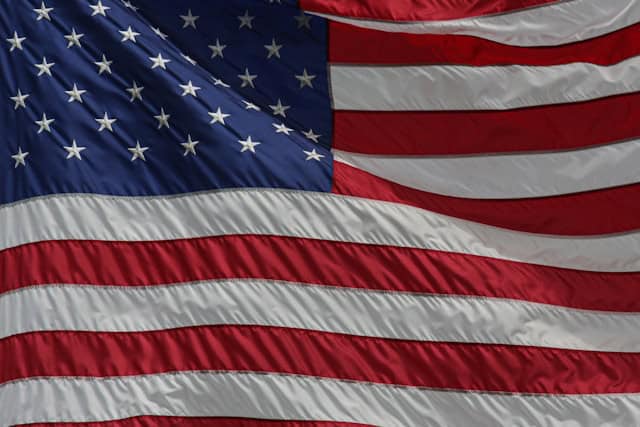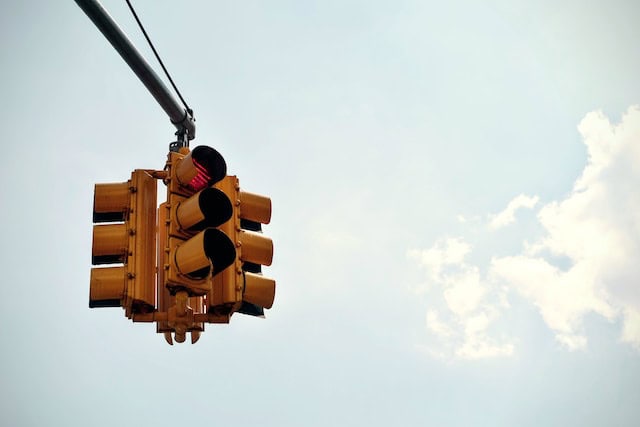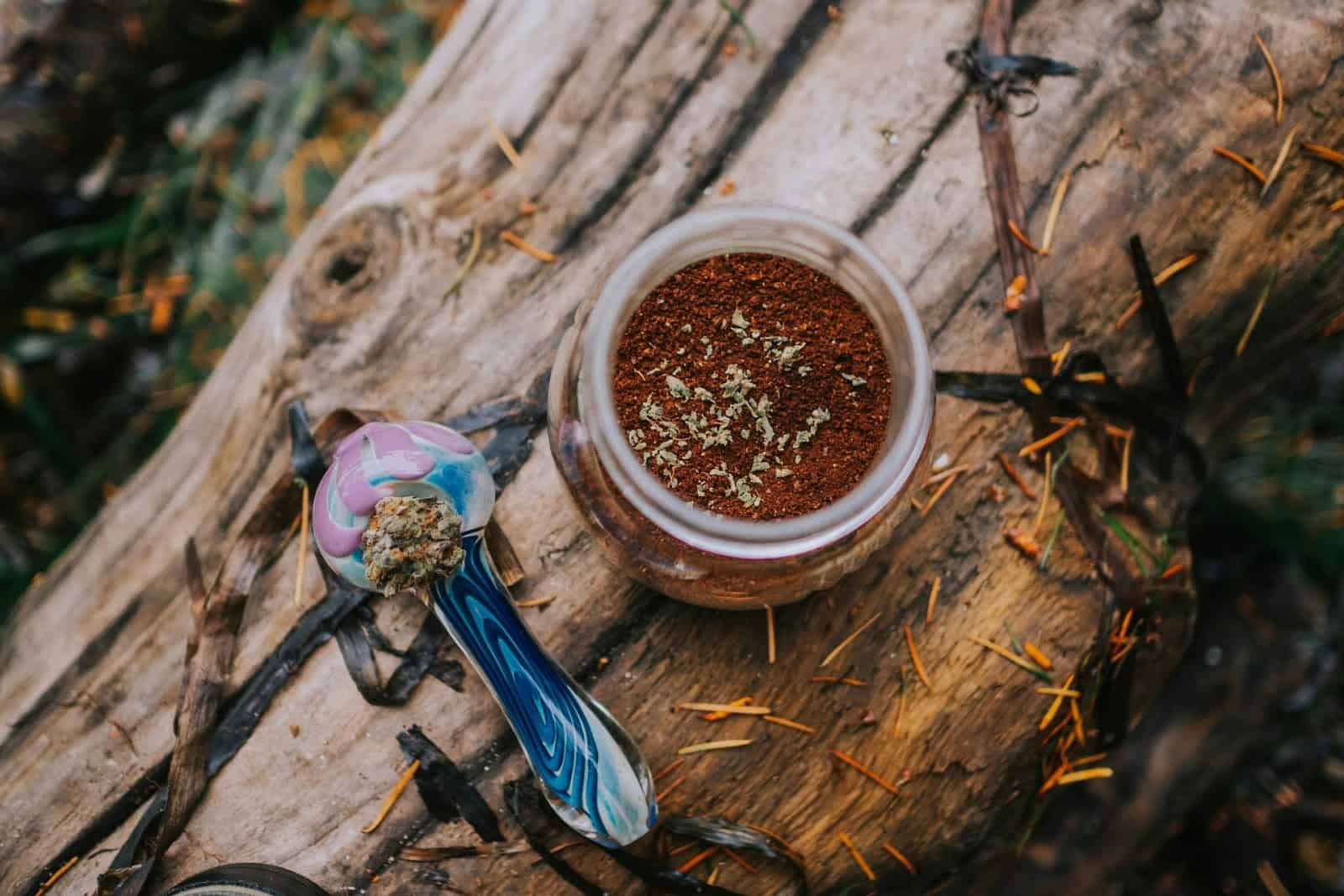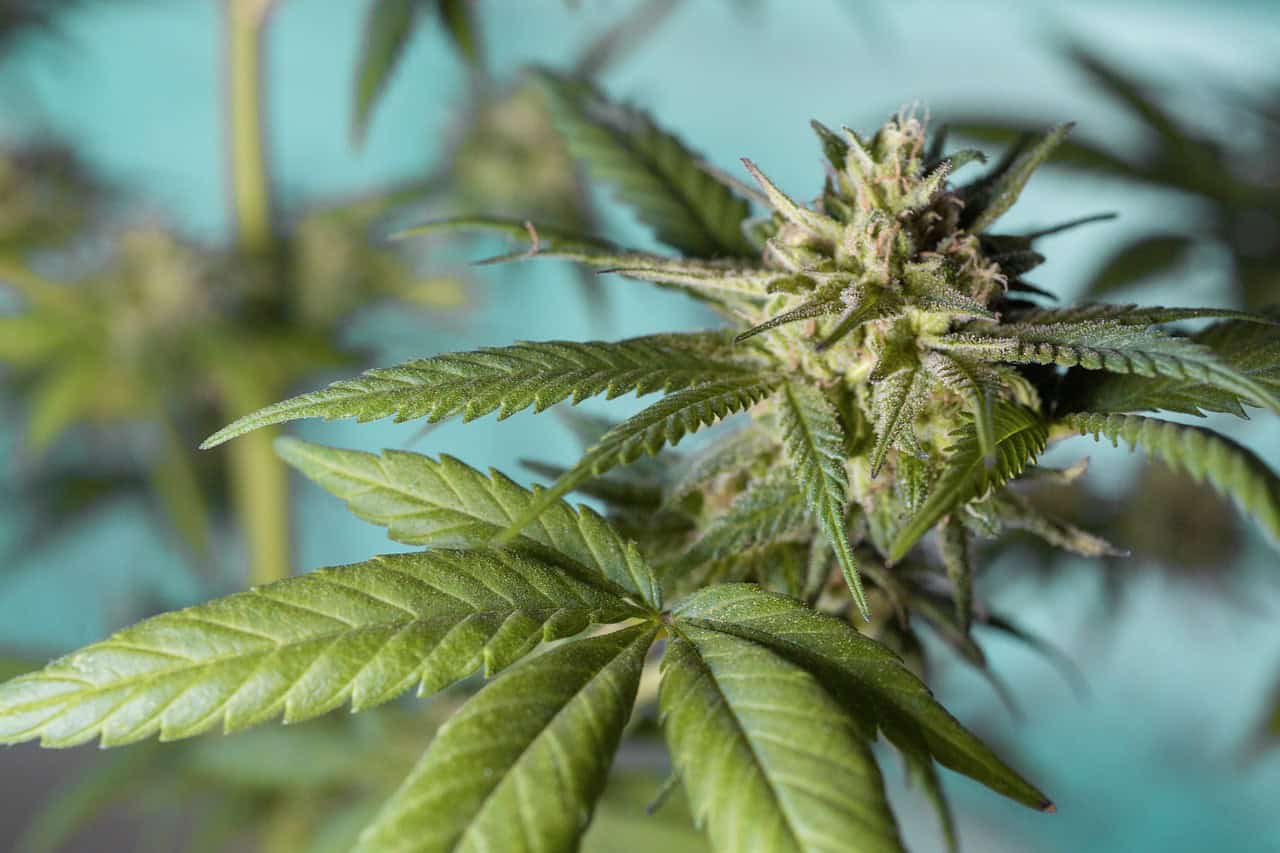
Is CBD Legal in Connecticut
Yes, CBD products are legal in Connecticut
 Legal
Legal
CBD is completely legal in Connecticut as long as it contains less than 0.3% THC.
All CBD products in Connecticut must be labeled with their THC content. Different localities within Connecticut may have their own CBD regulations.
CBD, or cannabidiol is a compound derived from the cannabis plant. CBD has the potential to offer therapeutic benefits without psychoactive effects. It has shown promise in alleviating pain, reducing anxiety, and improving the quality of sleep. Research into CBD is still ongoing, but it has shown effectiveness in treating a variety of ailments. Before buying CBD in Connecticut, make sure to check the lab test results for each product to ensure that they are labeled accurately.
Studies in animals have shown that CBD has anti-inflammatory and pain-relieving properties. Those with arthritis who tried CBD reported pain relief and sleep improvement.
CBD oil is made by extracting cannabidiol from hemp leaves and flowers. This oil can be taken sublingually to treat various medical conditions.
While no one has overdosed on CBD, it can cause other ill side effects. These include dry mouth, fatigue, and diarrhea. CBD can also negatively interact with other medications, such as blood thinners.
CBD oil is taken sublingually. The dropper should be squeezed so the liquid goes directly underneath the tongue. It should be left there to absorb for 90 seconds.
Some studies have suggested that CBD can alleviate the symptoms of depression and chronic pain. Additionally, a study in the United Kingdom showed that CBD could relieve joint pain associated with arthritis.
Some studies have suggested that CBD can alleviate the symptoms of depression and chronic pain. Additionally, a study in the United Kingdom showed that CBD could relieve joint pain associated with arthritis.
Is THC Legal in Connecticut
No, THC products are illegal in Connecticut
 Legal
Legal
Yes, THC is legal for medical and recreational purposes in the state of Connecticut. Connecticut enacted the Palliative Use of Marijuana Act in 2012; under that act, patients diagnosed with certain conditions and who obtained a valid medical marijuana card would be prescribed and given THC.
In 2021, Connecticut enacted Public Act 21-1, which made adult recreational marijuana use legal. The law allows individuals to possess up to 1.5 ounces (42.5 grams) of marijuana in their public possession and up to 5 ounces (142 grams) in their homes. They are also allowed to grow up to four marijuana plants per household for personal use.
Yes, THC products in Connecticut are required to undergo third-party testing. The state has established stringent regulations to ensure the safety, quality, and potency of marijuana products sold in licensed dispensaries. All cannabis products must be tested by independent laboratories that are licensed by the Connecticut Department of Consumer Protection.
These tests evaluate various factors, including the potency of THC and CBD, as well as the presence of contaminants such as pesticides, heavy metals, molds, and other potentially harmful substances. This rigorous testing process is designed to protect consumers and maintain high standards within Connecticut’s cannabis industry.
In any case, we always suggest that you do your research and only buy products from reputable vendors.
Yes, THC products in Connecticut are required to undergo third-party testing. The state has established stringent regulations to ensure the safety, quality, and potency of marijuana products sold in licensed dispensaries. All cannabis products must be tested by independent laboratories that are licensed by the Connecticut Department of Consumer Protection.
These tests evaluate various factors, including the potency of THC and CBD, as well as the presence of contaminants such as pesticides, heavy metals, molds, and other potentially harmful substances. This rigorous testing process is designed to protect consumers and maintain high standards within Connecticut’s cannabis industry.
In any case, we always suggest that you do your research and only buy products from reputable vendors.
Is Delta-8 Legal in Connecticut
Yes, Delta-8 products are legal in Connecticut
 Legal
Legal
Delta-8 THC is regulated in Connecticut. You can only buy it from licensed cannabis retailers; Delta-8 tetrahydrocannabinol (Delta-8 THC) is a cannabinoid found in the cannabis plant, known for its psychoactive effects, although they are generally milder compared to the more well-known Delta-9 THC. The debate over Delta-8 largely centers on its legal status, potential health risks, and production methods. Despite being derived from hemp, legalized in the United States via the 2018 Farm Bill, the extraction and conversion processes have come under regulatory scrutiny. Critics argue that these methods could lead to impurities and safety issues. Moreover, concerns exist regarding its impact, particularly when consumed by vulnerable groups such as minors, given that Delta-8 products are often promoted as a legal and less potent alternative to traditional marijuana. Consequently, the regulatory environment and public perception surrounding Delta-8 THC remain intricate and contentious.
Delta-8 THC is regulated in Connecticut. You can only buy it from licensed cannabis retailers; Delta-8 tetrahydrocannabinol (Delta-8 THC) is a cannabinoid found in the cannabis plant, known for its psychoactive effects, although they are generally milder compared to the more well-known Delta-9 THC. The debate over Delta-8 largely centers on its legal status, potential health risks, and production methods. Despite being derived from hemp, legalized in the United States via the 2018 Farm Bill, the extraction and conversion processes have come under regulatory scrutiny. Critics argue that these methods could lead to impurities and safety issues. Moreover, concerns exist regarding its impact, particularly when consumed by vulnerable groups such as minors, given that Delta-8 products are often promoted as a legal and less potent alternative to traditional marijuana. Consequently, the regulatory environment and public perception surrounding Delta-8 THC remain intricate and contentious.
Despite Delta-8 being perceived as less potent than Delta-9 THC, it can impart psychoactive effects, stressing the need for responsible use. Individuals with pre-existing medical conditions or taking medications should seek guidance from a healthcare professional before using Delta-8.
Delta-8 THC impacts the body by connecting with the CB1 receptors of the endocannabinoid system, primarily clustered in the central nervous system. This interaction elicits psychoactive effects, albeit typically of a gentler quality compared to Delta-9 THC. Users commonly report experiences of relaxation, euphoria, and altered sensory perception. Delta-8 may also induce heightened appetite, dry mouth, and red eyes. However, the manifestation of its effects can significantly differ from person to person, contingent on factors like dosage, tolerance, and an individual's unique sensitivity to cannabinoids.
Delta-8 THC is regulated in Connecticut, so you can only buy it from licensed cannabis retailers. The state passed Bill 1201 on July 1, 2021, which legalized adult-use cannabis and added Delta-8 to the definition of THC and marijuana.
Delta-8 THC and Delta-9 THC share a similar chemical structure, but Delta-8 is generally regarded as less potent and often results in a milder, more mentally clear high. For many users, it's a preferred choice for its functional effects.
Various manifestations of Delta-8 THC are accessible, spanning edibles, vape cartridges, tinctures, and capsules. The method of consumption is at the discretion of the individual, guided by personal preferences and the desired effects.
Ongoing debates and research surround the safety of Delta-8 THC. While it's generally believed to be less potent with milder psychoactive effects compared to Delta-9 THC, concerns persist about potential impurities that may be introduced during its production processes. Furthermore, like any psychoactive substance, its safety can fluctuate depending on an individual's health, usage patterns, and dosage. A conclusive assessment of its safety necessitates more comprehensive scientific investigations, and caution is advisable, particularly when clear regulatory standards are absent.
Commonly reported side effects may include dry mouth, red eyes, an increased heart rate, and short-term memory lapses. Typically, these effects are milder than those commonly associated with Delta-9 THC.
Absolutely, the ingestion of Delta-8 THC might lead to a positive result on a drug test, as numerous tests cannot distinguish between Delta-8 and Delta-9 THC. If drug testing is a concern, exercising caution with Delta-8 products is recommended.
Your ability to purchase Delta-8 products may be subject to varying age restrictions based on your area, often mandating a minimum age of either 18 or 21. To avoid legal issues, make it a priority to research your local regulations and adhere to age requirements.
Delta-8 products are available through various outlets, spanning licensed dispensaries, online sellers, and select convenience stores. To ensure a responsible purchase, conduct thorough research into the legality of Delta-8 in your region and select a seller that guarantees both product quality and adherence to local regulations.
Is Delta-9 Legal in Connecticut
No, Delta-9 products are illegal in Connecticut
 Legal
Legal
In Connecticut, you must be at least 21 years old to purchase Delta-9 THC products. This age requirement applies to both recreational marijuana and hemp-derived Delta-9 THC products.
Yes, it is legal to smoke Delta-9 THC flower in Connecticut. The state allows adults aged 21 and older to possess and use marijuana products, including Delta-9 THC flower, within the regulations established by state law.
Yes, Delta-9 THC products are required to undergo third-party testing. This testing process ensures that the products adhere to quality standards, meet federal guidelines (including having less than 0.3% Delta-9 THC), and are free from harmful contaminants such as pesticides, heavy metals, and residual solvents. Through these assessments, consumers can be assured that Delta-9 products are safe, properly labeled, and of high quality before they reach the market.
In any case, it is always recommended that you take the time to review these lab reports to ensure product safety and potency, regardless of legal requirements.
Is HHC Legal in Connecticut
No, HHC products are illegal in Connecticut
 Legal
Legal
In Connecticut, you need to be at least 21 years old to purchase HHC products. This age requirement aligns with the regulations for purchasing other cannabis-related products throughout the state, ensuring that only adults can access such substances from licensed vendors.
Yes, it is legal to smoke hemp-derived HHC (Hexahydrocannabinol) flower in Connecticut. The state permits the use of hemp-derived cannabinoids, including HHC, as long as the products comply with state regulations.
In Connecticut, while hemp-derived HHC (Hexahydrocannabinol) products are legal, there is no specific statewide mandate for third-party testing. However, reputable manufacturers and retailers often conduct third-party testing to ensure their products meet safety and quality standards.
This testing typically verifies that HHC products are free from contaminants, accurately labeled, and comply with THC content regulations. For consumers, purchasing from trusted sources that provide certificates of analysis (COAs) from independent labs is highly recommended to ensure product quality and safety.
In any case, we always suggest that you do your research and only buy products from reputable vendors.
Disclaimer
This information is derived from our independent research. Our team aims to ensure that we give you accurate up-to-date details from reliable state-run sources. However, we are not legal experts, and local laws can be subject to change.









































